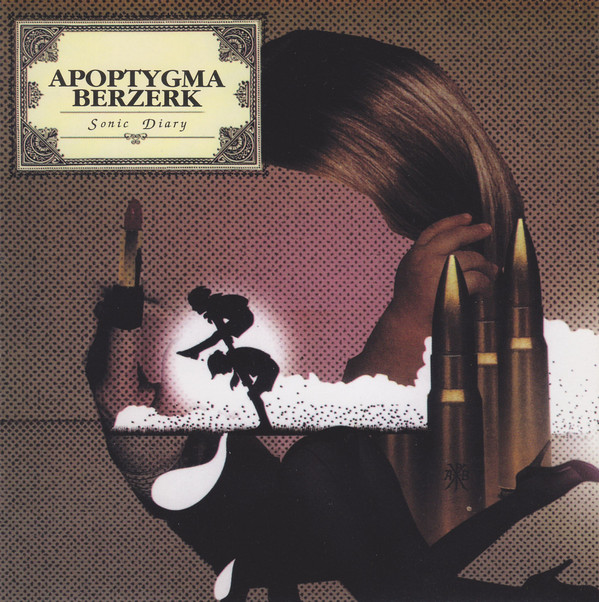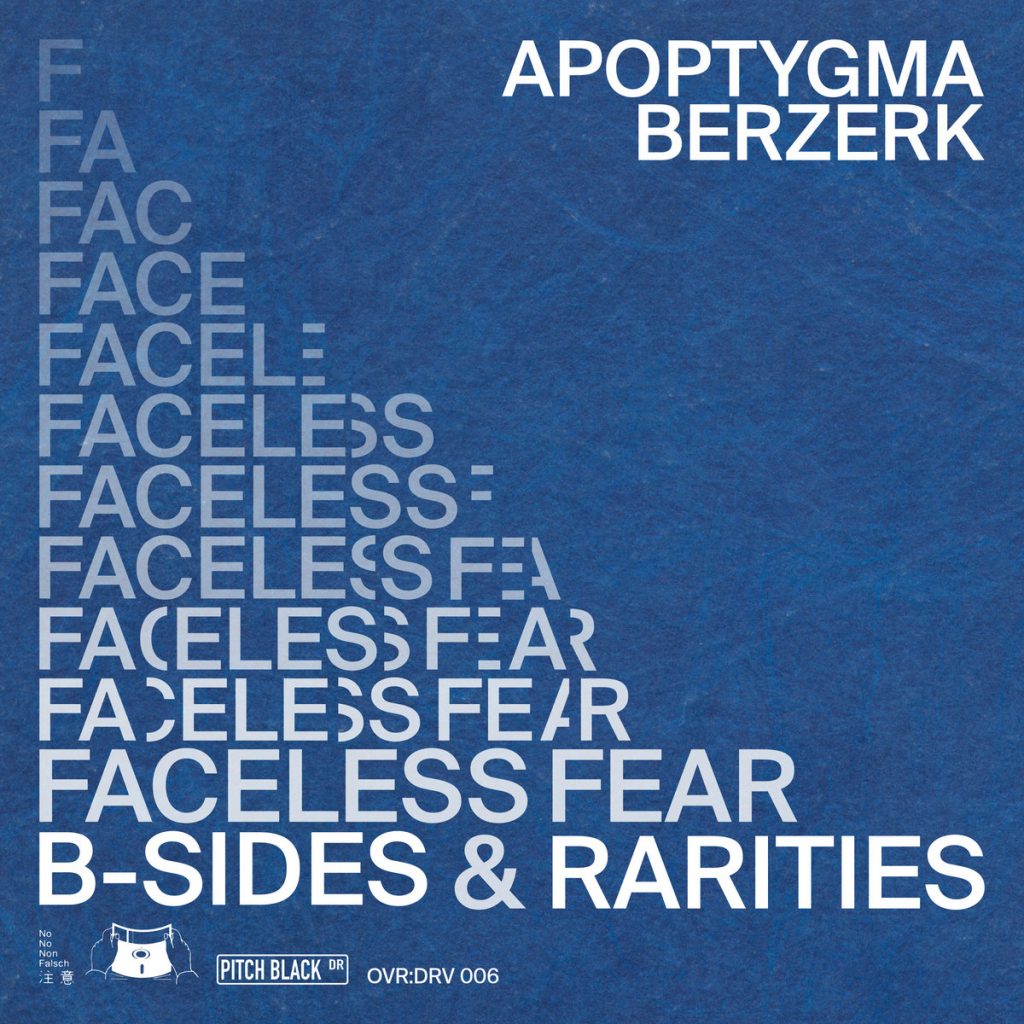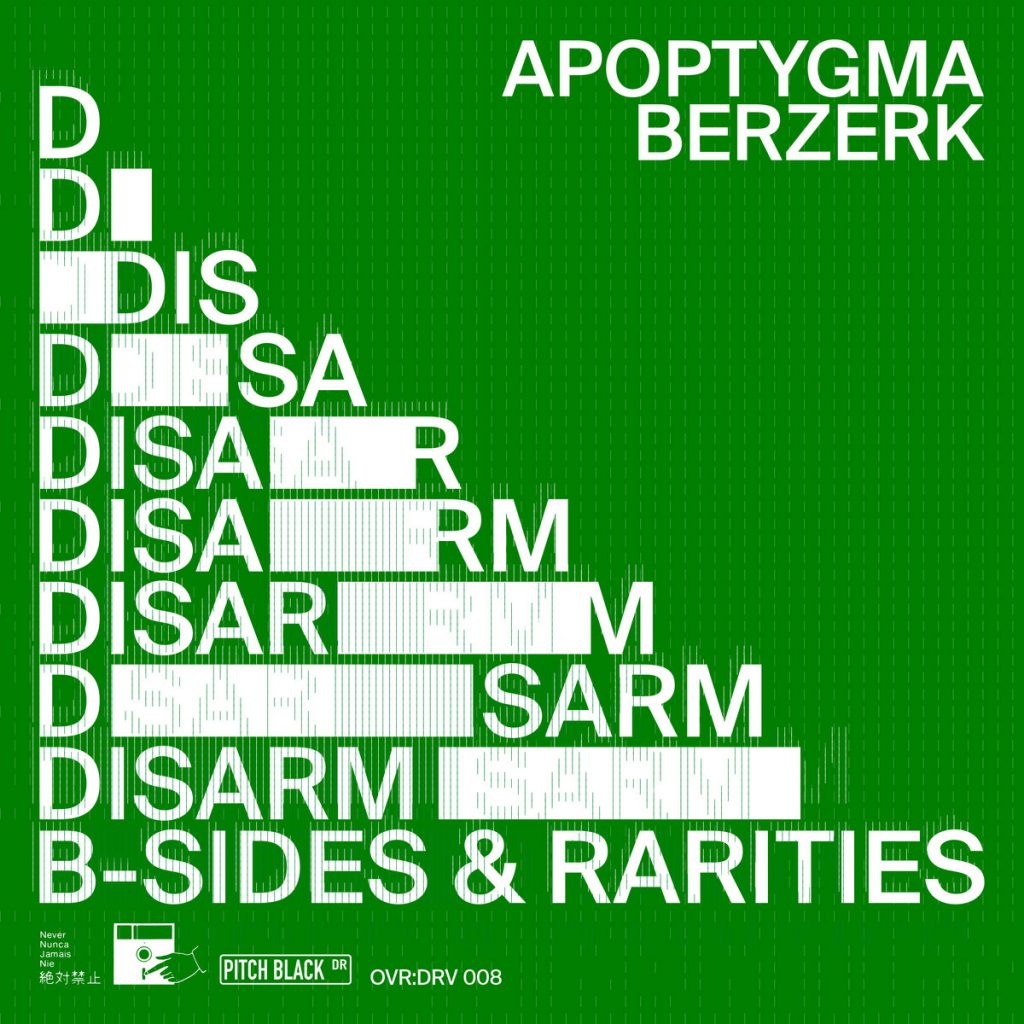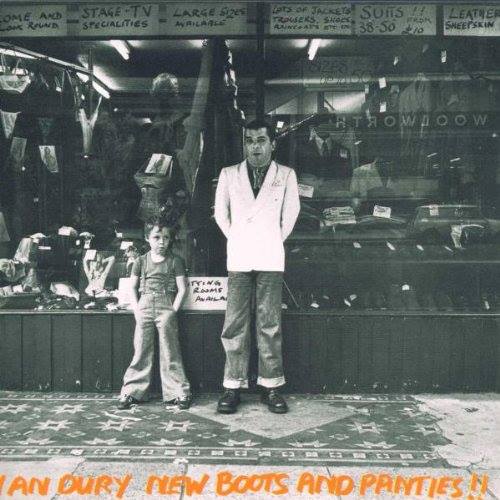Apop Collected
You might have gathered that the raw albums alone aren’t enough for the full APB experience. Whilst Spotify generation can build their playlists from whatever aspect of the band most appeals, hard-copy collectors still have shortcuts. The first is The Apopalyptic Manifesto released in 1998, which is an early-era hack-job aimed at the US market. Half of ‘Soli Deo Gloria’ (the American’s didn’t get their own release of this for years), the ‘Deep Red’ single, a selection of other non-album excerpts and a couple of exclusives (including a nice bit of C-64 SID action to kick things off). It probably had value in the pre-online era USA but nowadays it’s just an oddity.
The compilation you really want is The Singles Collection. Almost every single and EP from the ‘Ashes To Ashes’ 12” right though to ‘Kathy’s Song’, omitting only the ‘Mourn EP’ (and later issues squeeze in half of this anyway) and some of the mixes from later versions of the ‘Kathy’s Song’ single (a pity to lose the Green Court mixes, but limits are what they are). Even if there’s some forgettable material along the way, if you’ve been following the text, you’ll realise a number of these tracks are well worth having. If you want the highlights pointing out, well, scroll up and start from the top. I’m not repeating myself!
The almost-but-not-quite-a-compilation Sonic Diary, released in 2005 focuses on cover versions, including a few from tribute albums and a few previously unreleased. If you’ve followed me this far, you probably know the albums alone provide plenty of good material on their own. Of the things I haven’t covered so far, the 2002 cover of Marilyn Manson’s Coma White turns the rather sombre original into a fantastic futurepop floorfiller (if indeed, such music can still FILL a floor), and remains the key selling point of this collection, unless you’re into hunting down that musical shovelware better known as Cleopatra tribute compilations.
There’s few other covers you might not have previously heard. I have to ignore Bend And Break as I really don’t like Keane, and the version of U2’s Who’s Gonna Ride Your Wild Horses is a mess. The Damned Don’t Cry is reasonable but workmanlike, and Bizarre Love Triangle gets a piano treatment which is pleasant enough but no more than that. There’s also another version of All Tomorrows Parties that splices in some of Nico’s original vocals (so it’s really an extreme remix), but I’ll take the album version over this any day.
Versions: This compilation did come in a limited 2CD version, with the second disc offering still-another-remix-collection. Like the main CD, some were previously released, others appearing for the first time here. Getting Mesh to mix “Mourn” was a smart move, as it came at a time when both bands were bringing more rock influence to their respective sounds. Blackmail try to do the same thing to “Deep Red” but forces the issue too far. The remainder of mixes are take-or-leave – with few A-list tunes chosen for rework, there’s only so good this can get.
A couple more compilations appeared on Bandcamp in 2020, collecting various alternate versions and non-album tracks from across the backcatalogue. The first was Faceless Fear, based around a dirgey ‘In This Together’ era B-side that never caught my attention. There’s plenty here to enjoy, though – the Mesh remix of ‘Mourn’ I’ve already covered, the 8-bit version of the untitled hidden track from ‘7’ is essential for all the bit-poppers out there, and there’s an interesting demo of the “Major Tom” cover, with a vocodered countdown that probably would have worked has they kept it the final mix. A few too many dance remixes I didn’t need to return to, but still enough of interest to be worth picking up.
Disarm followed a month later. Again, dance remixes dominate, and listening to this a couple of times just had me pining for the originals. A edited version of ‘Moment of Tranquility’ was welcome given how ponderous I found the original, but it’s still not a song worthy of it’s Lynchian inspirations. The final song is the ‘Commentary Version’ of ‘Love To Blame’, which is really an interview snippet about the recording of the original song, sign if any were needed that the barrel bottom was now being scraped. Completists and DJs hungry for something harder that yer-average-futurepop will still want this, but it’s otherwise the least essential compilation here.







